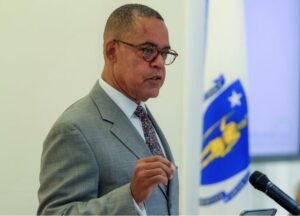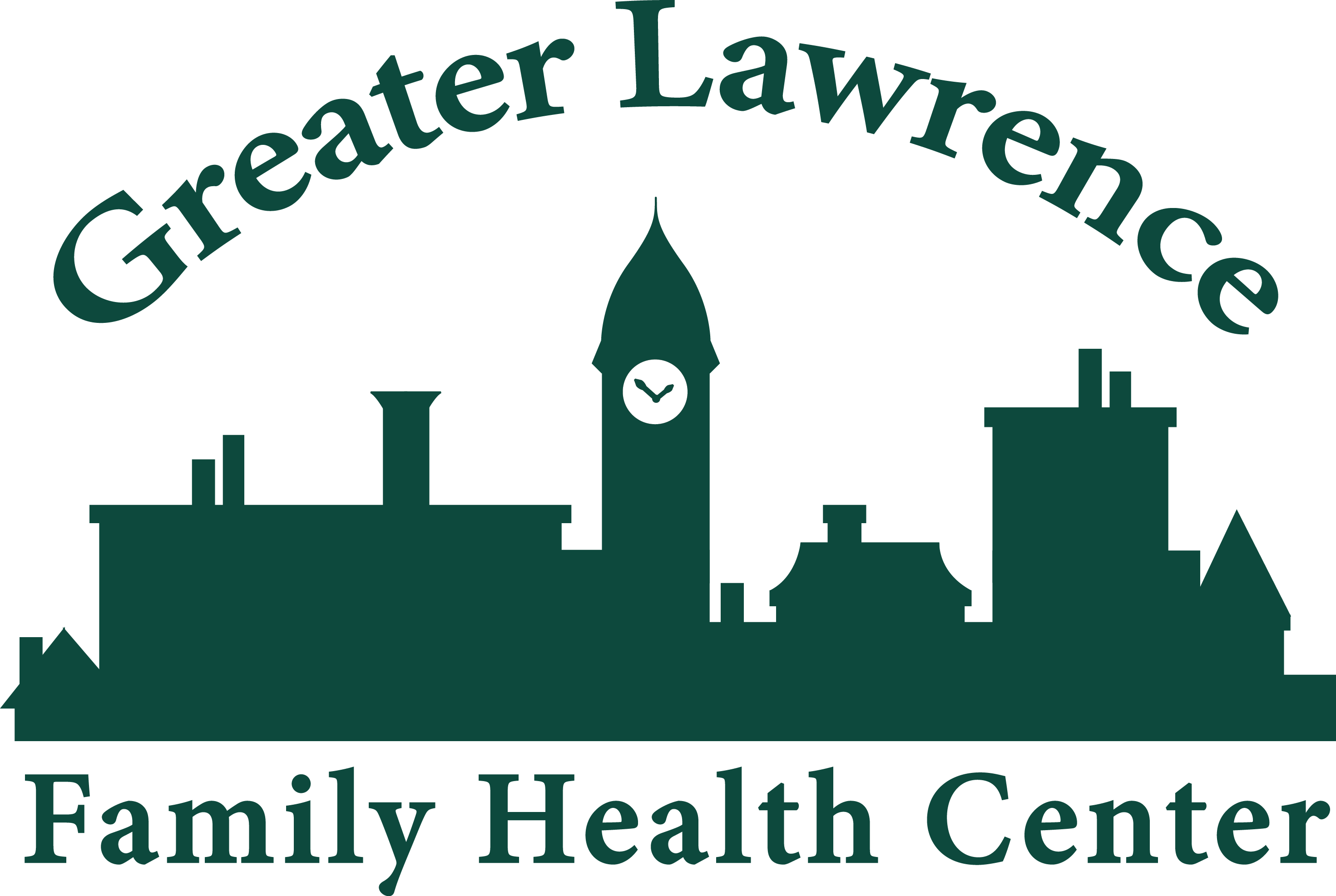
This news article by Zeina Mohammed appeared in The Boston Globe on June 20, 2023
Community health centers, which serve over a million primarily low-income Massachusetts residents, “urgently need” investments from the state to meet growing patient demand, leaders said Tuesday.
New data from the Massachusetts League of Community Health Centers, made up of 52 health care centers statewide, found that new patients are waiting an average of nearly 80 days to see primary care providers, while existing patients wait an average of 44 days for routine exams. The data, collected from 31 health centers across the state, also found the majority have waitlists for primary care, behavioral health, and dental services.
Dr. Guy Fish, president and chief executive of the Greater Lawrence Family Health Center, the state’s second largest health center, said there is a three-month wait for new patients at his clinic.
Health center representatives said the continued shortage of primary care physicians and competition from higher-paying providers for experienced staff make it increasingly difficult to recruit and keep workers. “We’re seeing turnover more than we’re used to by a long shot,” said Sue Joss, chief executive of the Brockton Neighborhood Health Center, which serves more than 38,000 Brockton-area residents each year and has seen an increase in people on its waitlist since a fire closed Brockton Hospital in February.
To address this ongoing crisis, league members spoke at the State House Tuesday to request more than $170 million in additional funding from the Legislature, including $50 million to help centers retain staff and offer more competitive salaries, $100 million in capital funding, and $20 million to develop and operate pipeline programs to train and recruit diverse staff from local communities.
The ability to offer competitive salaries and retain staff is more important than ever as steep housing costs continue to be a barrier for many prospective employees, said Margaret Brennan, president and chief executive of the North Shore Community Health Center. According to Brennan, the center recently offered jobs to two nurses, both of whom declined because they could not find affordable housing on the North Shore. The positions they’d applied for paid at least $120,000 each.
Speakers, including league president, Michael Curry, and Dr. Charles Anderson, president and chief executive of the Dimock Center, also pushed for support for several pieces of legislation to further support centers. These included bills that would codify a payment program designed so centers are not underreimbursed when serving MassHealth recipients and expand nurse practitioner residencies at centers.
Supporting community health centers is key in closing the racial disparities illuminated by the pandemic, as they disproportionately serve low-income and marginalized communities, according to Curry. Two-thirds of health center patients in Massachusetts identify as racial and ethnic minorities, nearly half are best served in a language other than English, and 84 percent identify as lowincome, according to league data.
This new survey comes on the heels of a report released last week that found that health disparities experienced by communities of color in Massachusetts cost the state about $5.9 billion each year in premature deaths, lost productivity, and avoidable health care spending, a number researchers warned will nearly double by 2050, unless leaders take action.
“As I like to say: we must pay now so we don’t pay greater later,” Curry said.
